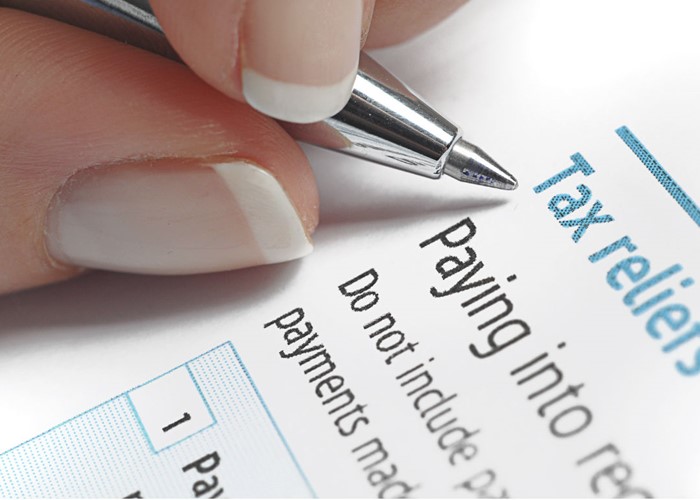HMRC to send out self-assessment reminder emails

Taxman to send out email reminders for the first time.
For the first time HM Revenue & Customs will be emailing out reminders to thousands of taxpayers who have not yet filed their self-assessment tax return.
Around 650,000 emails are being sent out ahead of the deadline of 31st January 2015. Written reminders are also being sent out.
The taxman says that, with just under a couple of weeks to go until the deadline, around 3.5 million tax returns are yet to be filed.
How to tell if the email is genuine
This time of year is a big one for tax scams, as fraudsters pose as HMRC and attempt to get you to reveal all sorts of personal and financial details. So how can you tell if the email you receive is really from the taxman, rather than a crook?
HMRC has outlined a number of things to look out for.
- HMRC will never send notifications of a rebate by email, nor ask you to disclose personal or payment info.
- The taxman will never include phrases like “urgent action required”.
- Look out for illegitimate email addresses. All genuine emailed will end ‘@HMRC.gov.uk’.
- Fraudsters will often link to fake webpages designed to look like the HMRC homepage. These will often display fields and boxes asking for your personal information and bank account details
- As scammers tend to send out their dodgy emails in one big batch, they will normally address you in a generic fashion (‘Dear customer’ for example) rather than by your actual name.
What to do if you receive a scam email
If you receive an email purporting to be from HMRC but you think is from a scammer, you should report it to Action Fraud. You can do that on its website or by calling 0300 123 20 40.
The fines for a late tax return
Filing your tax return late can be a costly mistake.
Even if you have no tax to pay, submitting your return after 31st January will land you a £100 fine. If the return is more than three months late, there’s then a £10 daily charge for up to 90 days. So on top of the initial £100, you could be fined £1,000.
There are then further, sliding scale penalties if you file even later than that. After six months, a further penalty of 5% of the tax due or £300, whichever is greater, is levied and after 12 months, another 5% or £300 charge, whichever is greater. In serious cases, the penalty after 12 months can be up to 100% of the tax due.
Be sure to read How to get your online self-assessment tax return right for some top tips.
Pay less tax with an ISA – compare cash and stocks & shares options now
More from lovemoney.com:
Comments
Be the first to comment
Do you want to comment on this article? You need to be signed in for this feature